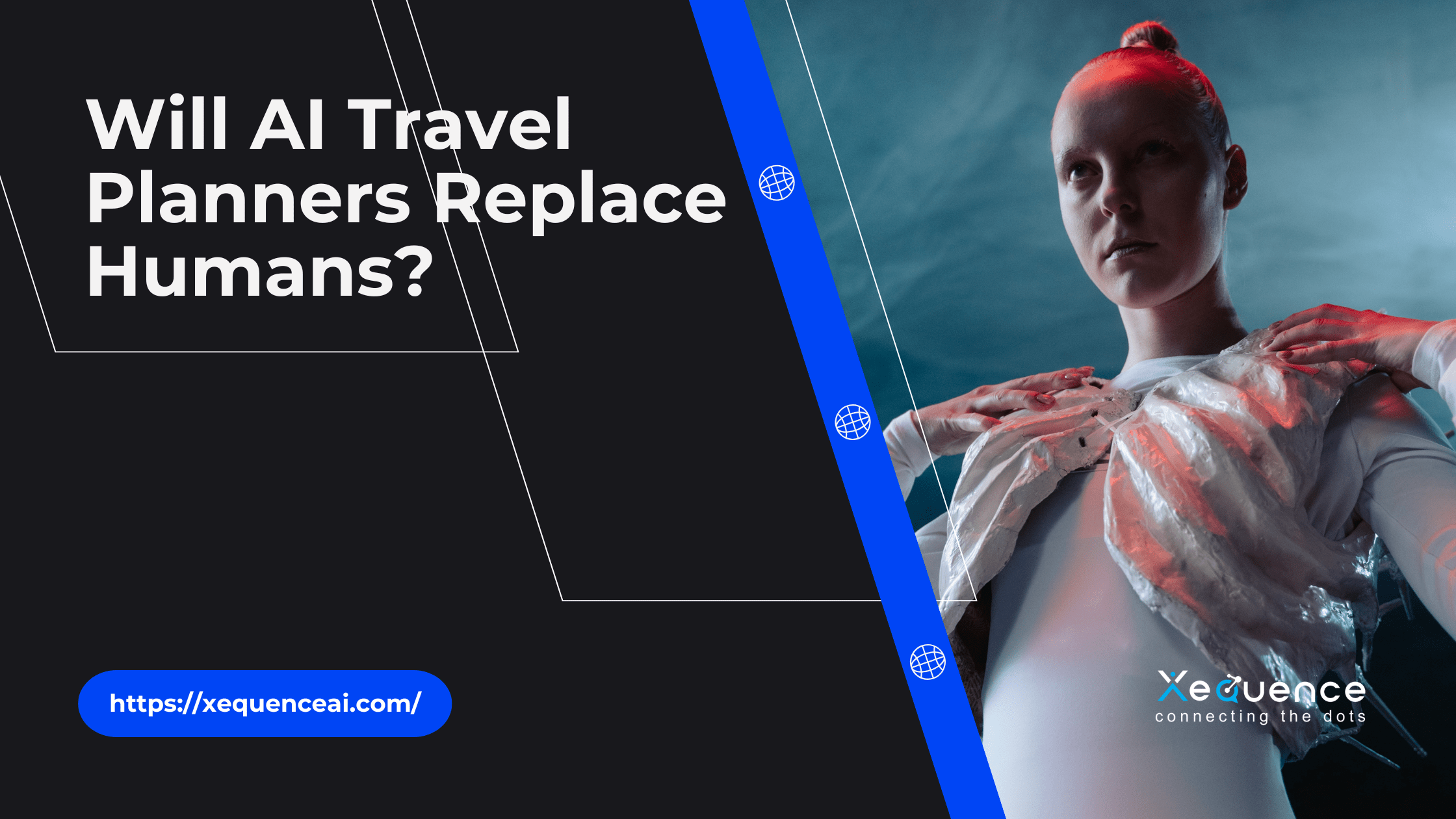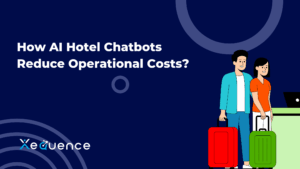- Home
- Uncategorized
- Will AI Travel Planners Replace Humans?
Will AI Travel Planners Replace Humans?
- March 31, 2025
- Suraj Kumar
- Uncategorized

Can AI Travel Agents Plan Better Trips Than Human Agents?
Travel planning has changed significantly, particularly with the advent of AI travel tools. Many people now use these apps to swiftly and conveniently plan their holidays. How do they actually stack up against actual travel brokers, though? Quickly sorting through countless travel possibilities is a strength of AI systems. Activities, hotels, and flights can all be pulled up in a matter of seconds. But technology just can’t replace the human element provided by a travel agent. They can provide guidance based on their experience, are familiar with the ins and outs of the travel sector, and comprehend the complexity of travel.
Who is a travel agent?
In their capacity as a middleman for airlines, hotels, or tour operators, travel agents organize travel services for clients. They arrange travel and provide lodging, transportation, sightseeing, and activities. They may also offer services like currency exchange, travel insurance, itinerary planning, and visa assistance. Serving different traveler categories, such as leisure, business, and special interests, travel agents might operate independently or in a network, online or offline.
What are the most travel-planning AI tools?
- Google’s AI can now recommend full itineraries tailored to your preferences.
- ChatGPT can generate personalized travel plans and packing lists
- Apps like Hopper leverage AI to forecast the optimal time for booking flights.
- Numerous hotel websites utilize AI chatbots for customer service.
What’s special about AI travel agents?
- Ai Agents Improve customer engagement and brand loyalty
- Ai Agents Reduce operational costs and boost efficiency
- Ai Agents Increase customer service quality
- Ai Agents Capture customer data directly
- Ai Agents Maintain consistent communication
What’s special in human travel agents?
- Humans have the unique ability to offer personalized and empathetic support by understanding customers’ emotions, providing emotional reassurance, and building stronger trust, which chatbots often struggle to replicate effectively.
- Human agents are exceptional at creative problem-solving, as they can think critically, adapt to complex situations, and approach challenges with flexibility, enabling them to address issues that require nuanced decision-making.
- Human agents possess the ability to form personal connections with customers, establishing genuine rapport and emotional understanding. This helps foster trust and long-term loyalty, creating a more meaningful and lasting relationship that is difficult for automated systems to replicate.
What are the key differences between AI and human travel agents?
Efficiency
With its ability to process large volumes of data and provide accurate, timely responses, AI agents are incredibly efficient. AI is more capable than humans at activities that call for accuracy and speed, such as handling thousands of customer service inquiries at once. Additional features like billing and authentication can be added to multi-agent systems.
Scalability
In order to accommodate additional clients, AI agents may scale almost infinitely by merely expanding infrastructure, such as cloud resources. Human agents, on the other hand, require more time and money to scale, as they need to be hired, trained, and managed.
Cost
AI agents are ultimately more affordable. Once set up, they require little infrastructure to meet increasing consumer demands, even though training them can be costly. Even during moments of high demand, AI agents help keep costs under control by eliminating the need for continuous recruiting in sectors like e-commerce and telecom.
Empathy and Emotional Intelligence
AI is not as good at emotional connection as human agents are. Building trust and confidence, they are able to understand customers’ frustrations, empathize with them, and provide tailored support. Although language processing has advanced, AI is still unable to mimic human empathy or change tone to allay customer concerns.
Adaptability
When it comes to situational adaptation, human agents are superior to artificial intelligence. In contrast to AI, which is restricted to its programming, humans are able to think creatively, manage unforeseen difficulties, and comprehend context, including nuanced conversations and cultural quirks. Artificial intelligence is devoid of human life experience and critical thinking abilities.
Are AI travel agents better than human agents?
Artificial intelligence increases customer service efficiency by automating processes and responding quickly, but it cannot replace human agents’ empathy, emotional intelligence, and nuanced understanding—especially in delicate or complex conditions. More than half of consumers prefer to talk to a human when dealing with difficult situations, according to a survey. Artificial intelligence frequently lacks the judgment, creativity, and problem-solving abilities necessary to fully address unique situations, which call for distinctive solutions.
Conclusion
How AI and human skills can work together is more important than whether AI will replace travel agents. AI-driven travel bots are revolutionizing customized vacation planning by providing real-time insights, forecasted suggestions, and automated reservation systems. The emotional intelligence, imagination, and interpersonal abilities of human agents, however, are still invaluable. Travelers will benefit from the best of both worlds—automation without sacrificing the human touch that travel agents offer—by combining AI’s efficiency with human expertise in the future of travel booking.
Recent Posts
Newsletter
Get regular updates on data science, artificial intelligence, machine
You may also like

AI Travel Assistants: The New Personal Travel Planners

5 Things an AI Travel Assistant Can Do in Seconds

How AI Hotel Chatbots Reduce Operational Costs?




